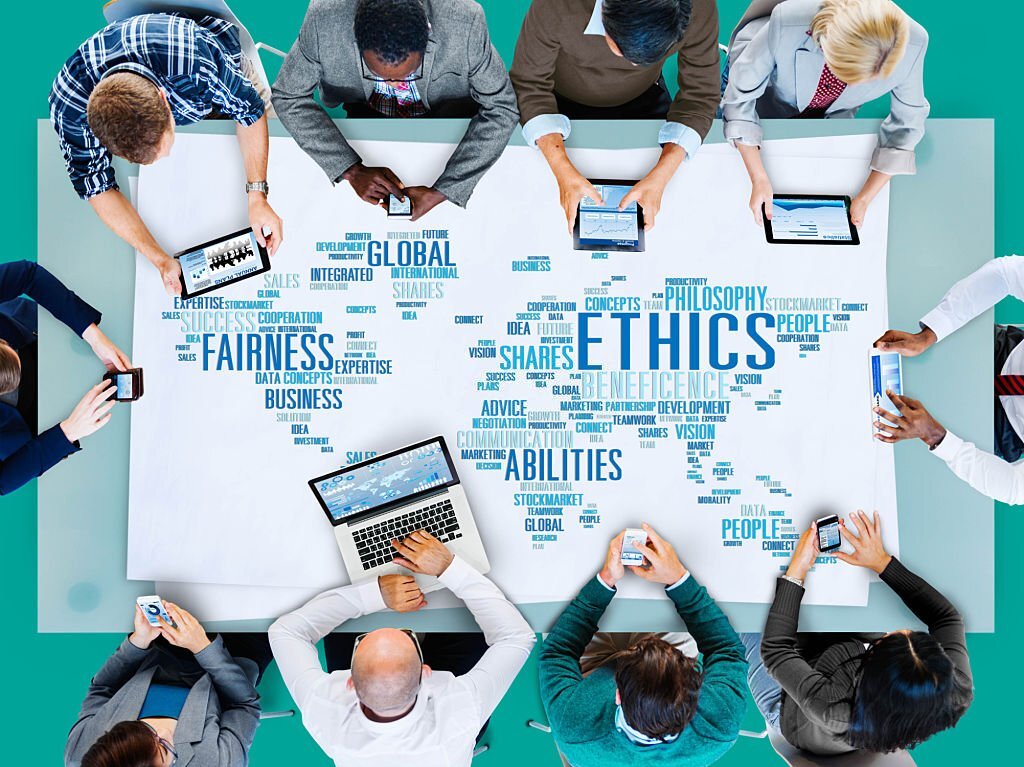
Don’t let your next job interview be a disaster! The key to acing your next job interview is proper preparation. Here’s how to do it.
Introduction: How to Prepare for a Successful Job Interview: A Comprehensive Guide
Securing a job interview is an exciting opportunity to showcase your skills and personality to potential employers. However, it is crucial to be well prepared to make a lasting impression and increase your chances of success. In this guide, we will explore the essential steps you need to take in order to prepare for a successful job interview. From researching the company to practicing common interview questions, these strategies will help you approach your interview with confidence and professionalism.

Section 1: Research the Company
- Visit the company’s website. This is a great place to learn about the company’s history, mission, products or services, and culture.
- Read the company’s news releases and blog posts. This will give you an idea of what the company is up to and what they are passionate about.
- Look up the company on social media. This is a great way to see what the company’s employees and customers are saying about them.
- Talk to people who work at the company. If you know anyone who works at the company, ask them about their experience.
- Use online resources. There are many online resources that can help you research companies, such as Glassdoor and LinkedIn.
When researching the company, you should pay attention to the following:
- The company’s mission and values.
- The company’s products or services.
- The company’s culture.
- The company’s goals and objectives.
- The company’s recent news and achievements.
- The company’s strengths and weaknesses.
By researching the company, you will be able to demonstrate to the interviewer that you are interested in the company and that you have done your homework. You will also be able to ask more informed questions during the interview.
Here are some specific questions you can ask yourself when researching the company:
- What are the company’s goals for the future?
- What are the company’s challenges?
- What are the company’s strengths?
- What are the company’s weaknesses?
- What is the company culture like?
- What are the opportunities for growth and development in the company?
- What are the company’s values?
By asking yourself these questions, you will be able to gain a deeper understanding of the company and how you can fit in. This will help you make a good impression on the interviewer and increase your chances of getting the job.
To stand out from other candidates, it is essential to have a solid understanding of the company you are interviewing with.
Start by thoroughly researching their mission, values, products, services, and recent news or achievements.
Using this knowledge will enable you to customize your responses and exhibit interest and excitement throughout the interview.
Additionally, researching the company’s culture and work environment can give you insights into what they value in an employee, helping you align your responses accordingly.
Section 2: Analyze the Job Interview Description
Carefully review the job interview description and identify the key skills, qualifications, and responsibilities required for the role. Take note of the specific keywords and phrases used, as they often indicate the employer’s priorities. By understanding the job requirements in detail, you can prepare concrete examples from your past experiences that highlight your suitability for the position. This will enable you to showcase how your skills align with the company’s needs during the interview.
Section 3: Practice Common Interview Questions
Preparing for common interview questions is essential to articulating your thoughts clearly and concisely. Create a list of potential questions and practice answering them, focusing on providing relevant examples from your professional background. This will help you build confidence, refine your responses, and ensure that you effectively communicate your skills and experiences. Remember to emphasize your accomplishments and how they relate to the job you are applying for.
READ THIS: 50 Common Interview Questions and Replies That Will Help You Stand Out from Other Job Candidates
Section 4: Dress Professionally and Gather Required Documents

First impressions matter, so make sure to dress professionally for the interview. Research the company’s dress code and aim to dress slightly more formal than what is expected. Additionally, gather all necessary documents, such as your resume, cover letter, portfolio, and reference list. Ensure that they are up-to-date, well-organized, and readily accessible. Having everything prepared in advance will help you feel more composed and demonstrate your professionalism.
Section 5: Plan Your Journey and Arrive Early
Plan your journey to the job interview location in advance, considering traffic conditions and transportation options. Aim to arrive 10–15 minutes early to demonstrate punctuality and respect for the interviewer’s time. Arriving early also allows you to compose yourself, review your notes, and mentally prepare for the interview. Remember to turn off your cell phone or switch it to silent mode to avoid any distractions during the interview.
Section 6: Develop Your Own Questions
At the end of most interviews, you will have the opportunity to ask questions. Prepare a list of thoughtful questions that demonstrate your interest in the role and the company. This shows the interviewer that you have done your homework and are genuinely curious about the position. Asking insightful questions also allows you to gather important information about the company’s culture, future goals, and potential career growth opportunities.
Section 7: Follow Up with a Thank-You Note
After the interview, take the time to send a personalized thank-you note to each person you interacted with during the process. Express your gratitude for the opportunity to interview and reiterate your interest in the position. This little act could make a good impression and increase your chances of getting the job.
- Send the note within 24 hours of the interview. This shows that you are genuinely interested in the position and that you were thoughtful enough to take the time to write a thank-you note.
- Be personal and specific. Mention something specific that you discussed during the interview, such as a question that the interviewer asked you or a point that you made.
- Be sincere. Thank the interviewer for their time and consideration, and reiterate your interest in the position.
- Keep it brief. A thank-you note should be no more than a few paragraphs long.
Here is an example of a thank-you note that you could write:
Dear [Interviewer’s name],
Thank you for taking the time to interview me for the [position name] position yesterday. I enjoyed learning more about the company and the opportunity.
I was particularly interested in hearing about your plans for the company’s future and the challenges you are facing. I believe my skills and experience would be a valuable asset to your team, and I am confident that I can make a significant contribution to the company’s success.
I am eager to learn more about the position and the company, and I look forward to hearing from you soon.
Thank you again for your time and consideration.
Sincerely, [Your name]

Summary
- Dress professionally and arrive early. First impressions matter, so make sure to dress professionally for the interview. This means wearing clean, pressed clothes that are appropriate for the company culture. You should also arrive at least 10-15 minutes early to give yourself time to relax and collect your thoughts.
- Be confident and positive. The interviewer wants to see that you are confident and excited about the opportunity. Smile, make eye contact, and speak clearly and concisely. Avoid sounding nervous or hesitant.
- Be prepared to answer common interview questions. There are a few common interview questions that you can expect to be asked. Practice answering these questions beforehand so that you can give clear and concise answers. Some common interview questions include:
- Tell me about yourself.
- Why are you interested in this position?
- What are your strengths and weaknesses?
- What are your salary expectations?
- What are your career goals?
- Ask questions of your own. At the end of the interview, you will usually have the opportunity to ask questions of your own. This is a great way to show the interviewer that you are interested in the position and that you have done your research. Some good questions to ask include:
- What are the biggest challenges facing the company right now?
- What are the opportunities for growth and development in this role?
- What are the next steps in the hiring process?
- Follow up after the interview. After the interview, send a thank-you note to the interviewer. This is a great way to reiterate your interest in the position and to thank the interviewer for their time.
Conclusion
Preparing for a job interview is essential for success. By following the tips in this guide, you can increase your chances of making a good impression on the interviewer and landing the job.Preparing for a job interview is a critical step towards securing your dream job.
By thoroughly researching the company, practicing common interview questions, dressing professionally, and arriving early, you can boost your confidence and increase your chances of success.
Remember to showcase your skills, align your experiences with the job requirements, and demonstrate genuine interest in the company.
With careful preparation and a positive mindset, you will be well on your way to acing your next job interview.



